Jan Pels is the inventor and co-founder of Torwash. Torwash sees organic waste as the best renewable source for sustainable chemicals, fuels and even fertilisers. They turn waste into valuable, circular products to combat climate change.
This video was made in collaboration with Startup Stage of ChemistryNL.
Who are you and what do you do?
‘I am a chemist and think in molecules. After a PhD at TU Delft in 1995, I was an assistant professor at Penn State for two years. Then I worked at ECN in Petten for 25 years. The last four years that was part of TNO. There I worked on energy generation from biomass, especially from biomass that is deemed worthless. For example, because it contains too much salt or too much water. We wanted to make a decent fuel and that’s where Torwash came from.’
What does Torwash do?
‘The Torwash process pressure roasts biomass under water. It is similar to wood roasting to make it suitable for a coal-fired power plant, but the wet variety. The pressure is high enough that the water does not evaporate - a hydrothermal treatment. We change the chemistry of the incoming biomass in such a way that you can do something useful with it. We do that on sludge, which has enough water in it. Then we press it out, so we get granules that are a lot cleaner than the original sludge and can be used as fuel in biomass plants. Or as feedstock for biobased chemicals. All sewage sludge currently goes to waste incineration. In the Netherlands, that’s about one and a half million tonnes a year.’
What’s in sewage sludge?
‘Carbon and hydrogen, but also phosphate and nitrogen. After incineration, the ashes are dumped or at best put under asphalt roads. The problem is that it contains heavy metals. Those will remain in there with Torwash. So you have to process it under proper conditions and not just throw it in the stove. Sludge has negative value when it is released at sewage treatment. You pay about €100 per tonne to get rid of it. With Torwash, because we only make useful products out of it, we think we will eventually get rid of it for zero euros. Fuel, raw materials for the chemical industry and agricultural fertiliser.’
Where are you now?
‘The process is in the pilot phase. The pilot plant is in Cuijk, where we process 1 tonne per hour, about five per cent of water treatment. In a year or two, when the process is proven, we will go to full scale.’


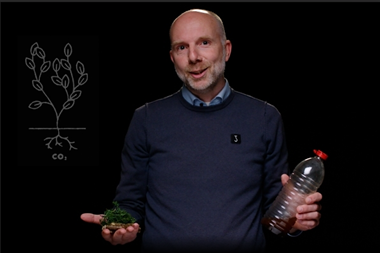
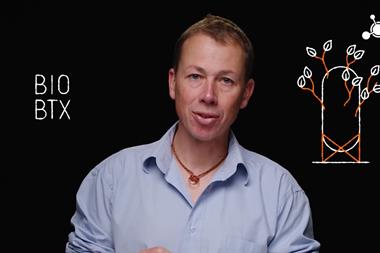
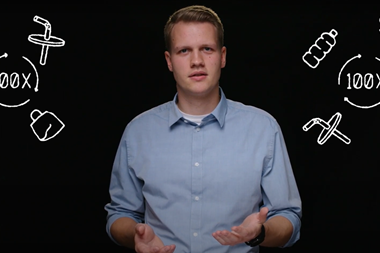
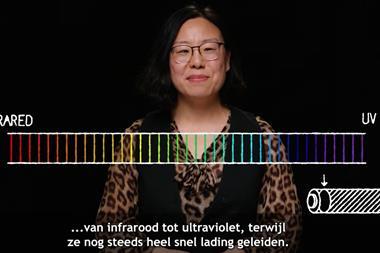
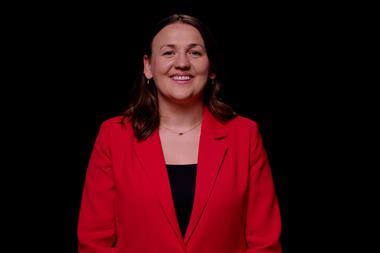
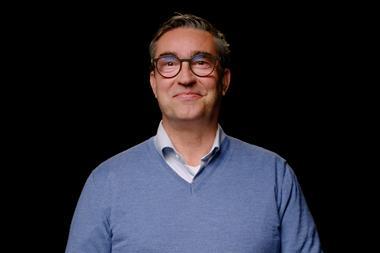
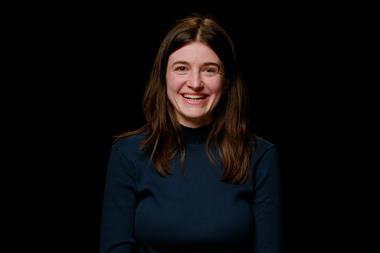
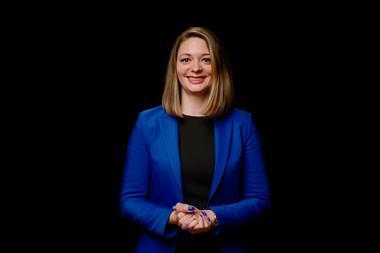
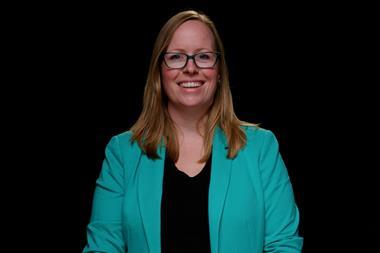
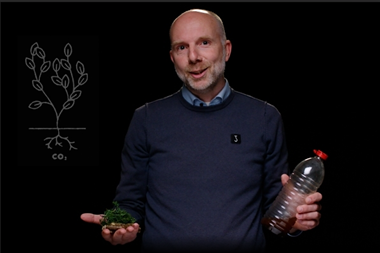










Nog geen opmerkingen